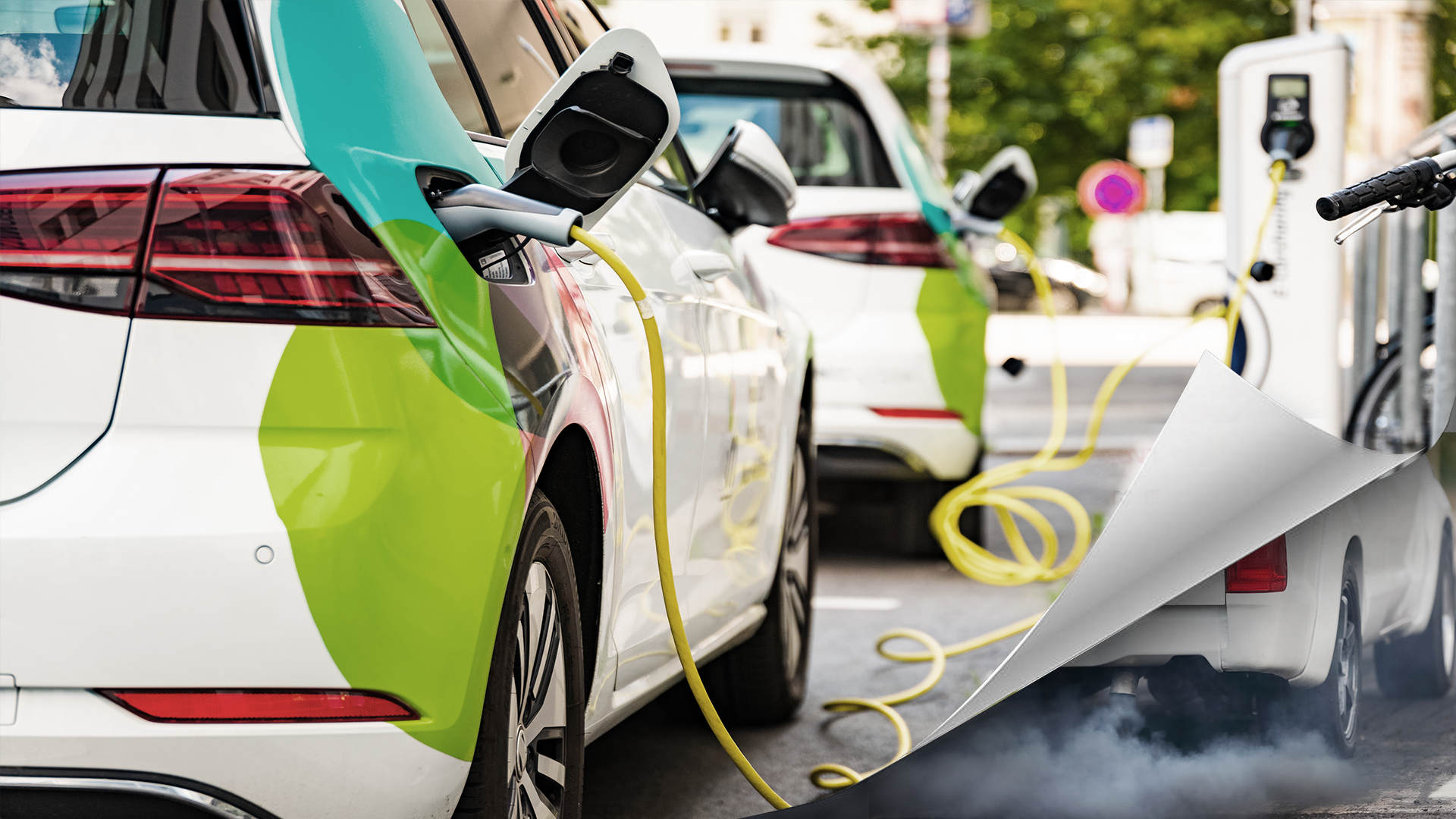“From c-way to e-way”
The automobile sector in India is without a doubt among the top 5 in the Global Car Market. Although the pandemic did impact the growth trajectory of the sector, it is slowly gaining pace in the current year. The growing numbers also reflect the growing energy consumption which caps at nearly 100 million tonnes of oil equivalent (MTOE) energy. As currently most of the industry is dependent on carbon-based fuels like petrol, diesel, CNG etc, the c-way has been the convention over years in the country.
It's not just the growth rate and the energy demand that matters but the subsequent exponential pollution increase is the main concern. Annually, the sector alone contributes nearly 150 million tonnes of CO2 emission and the effects of which are second to none. It’s high time to look for alternate sources of fuel or modes of transportation looking at the alarming numbers. Synchronous with the idea, the Government has committed to reduce the intensity of emission by nearly 35% by the next decade. The Government has also set targets for the next decade to electrify nearly 3/4th of the commercial vehicles and nearly 1/3rd of the private cars in the country. Moreover, with the increasing energy demand, modernization and demand to travel, the sector is a clean alternative to the conventional setup in the country pushing us from the c-way towards the e-way.
Although the EV industry in India is still at a minimal 1% of the total automobile sector but with the advancements in technology and some big players in the domain, the EV industry growth is expected at 5% of the total market over the next 5 years. Certainly, it is what the current hour demands as the sector will not only impact the environmental aspects being renewable and of a non-polluting nature but also cater to the incremental energy demand. Multiple initiatives have come up over the years by the Government of India to boost industry giants to manufacture locally and apart from that help people adapt to the new norm.
Private players are also not behind in the race to adapt to the upcoming new norm. With major players like Tata Motors, Mahindra & Mahindra Ltd., Hyundai Motors India, Ola electric etc, the competition is cut throat. Apart from these, the collaboration of big firms like Uber with smaller startups, are looking at targeting the rental services segment of the market by developing over 1000 electric vehicles. The companies are also specifically focused on developing vehicles that are relevant to the Indian masses like two wheelers, electric buses, passenger cars etc. The industry giants are moreover inclined towards developing sustainable EV charging stations across major cities in the country to couple with solutions of EV charging at home. Looking at the numbers, currently there are about 1,640 charging stations established in major cities in India and they have grown dramatically over a span of a few months. Also, major oil companies are also projecting to develop more than 20,000 charging stations over the next few years.
The EV industry analysis depicts that the Global market stands at a much better position comparatively, majorly due to the technological growth with major contribution from the west. It’s also evident that, western countries are not only quick to adapt to new technologies but they are also good at scaling it up. Apart from that, they network all across the globe in trade shows, exhibitions etc, not only to showcase their advancements but also to discuss the future of the sector. Recent trade shows in the sector like the London EV Show had participants from more than 70 countries and 2000+ attendees which is enough to indicate the significance of similar ventures here in India. With the upcoming India eMobility show, it’ll be exciting to see what the industry is looking ahead at and we’ll surely get a glimpse of the future there.


